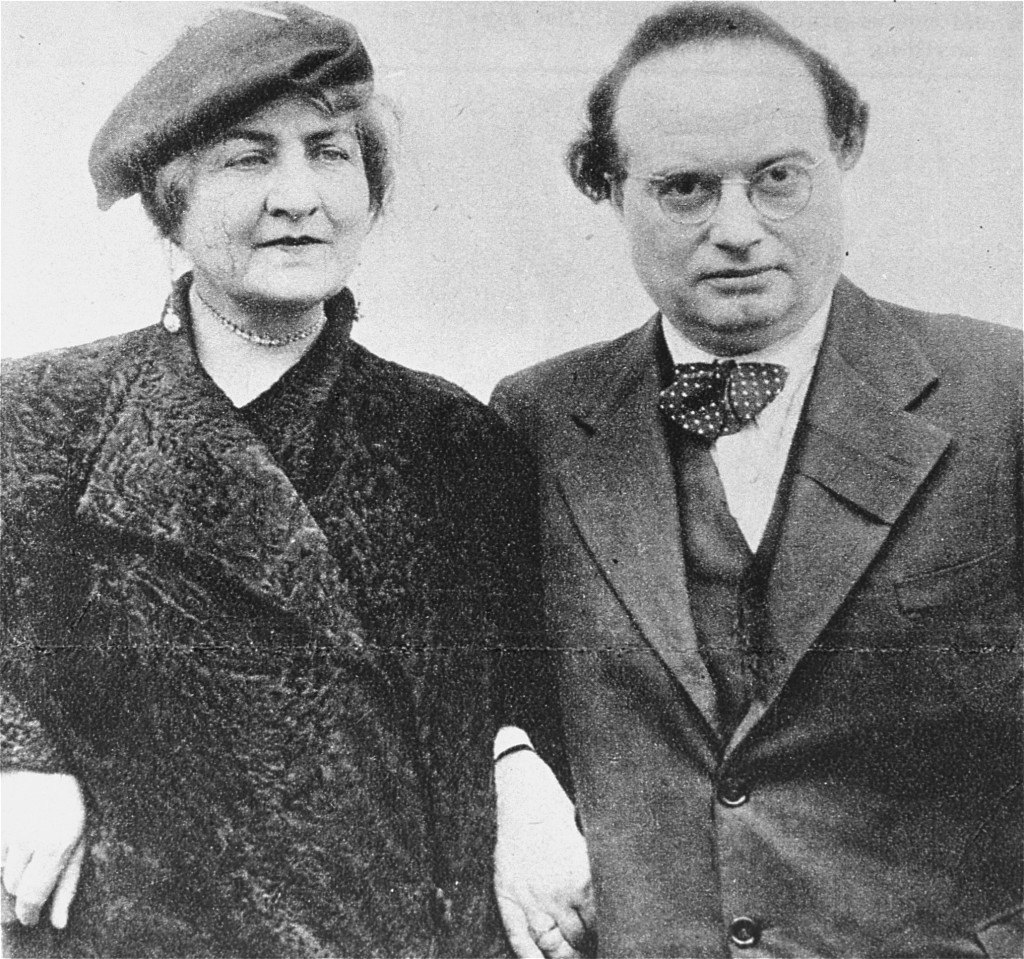
Franz Werfel
In 1933, Nazi students at more than 30 German universities pillaged libraries in search of books they considered to be "un-German." Among the literary and political writings they threw into the flames were the works of Franz Werfel.
Excerpt
Is it not astonishing that, in the course of history, all human types except [the soulful human who possesses fantasy] have been in power?...Instead of expecting such a person to come along, we must expect gas warfare! And the culprit will be the philistine nature of the political and economical world powers. Everything evil or stupid in this world is not supernatural destiny, but rather a deadly form of lack of fantasy...
—"Realismus und Innerlichkeit" (Realism and Inwardness), Franz Werfel, 1931
Which of Franz Werfel's Works were Burned?
All works published before May 1933 except Der Tod des Kleinbürgers (The Man Who Conquered Death), Barbara oder die Frömmigkeit (The Pure in Heart), and Verdi, Roman der Oper (Verdi: A Novel of the Opera)
Who was Franz Werfel?
Franz Werfel (1890-1945), Austrian poet, modernist playwright, and novelist, was born in Prague, the son of a Jewish merchant. During World War I, Werfel served for several years on the Russian front as a soldier in the Austrian army. A friend of authors Max Brod and Franz Kafka, Werfel later moved to Vienna and Berlin. He was forced to leave the Prussian Academy of the Arts in 1933. His 1933 novel, Die vierzig Tage des Musa Dagh (The Forty Days of Musa Dagh), detailed the mass murder and expulsion of Armenians from eastern Anatolia in 1915 and received much attention in the United States. It stood as a warning against future acts of mass murder and won lasting respect from Armenian communities throughout the world.
Werfel's books were burned by the Nazis as those of a Jewish author who advocated pacifism, love for all mankind, and hostility to extreme nationalism and Nazism. Werfel had to flee Austria after the German annexation. He then escaped from France by hiding in the Catholic sanctuary of Lourdes, crossing the Pyrenees on foot to safety in Spain, and leaving from there for the United States. With gratitude for his sanctuary at Lourdes in mind, he wrote the best-selling novel, The Song of Bernadette. Though he remained a Jew all of his life, Werfel was attracted to many aspects of Catholicism.
Critical Thinking Questions
- If Jews were the principal target during the Holocaust, why were books written by non-Jewish authors burned?
- How did the German public react? What was reaction like outside of Germany?
- Why do oppressive regimes promote or support censorship and book burning? Why might this be a warning sign for mass atrocity?

